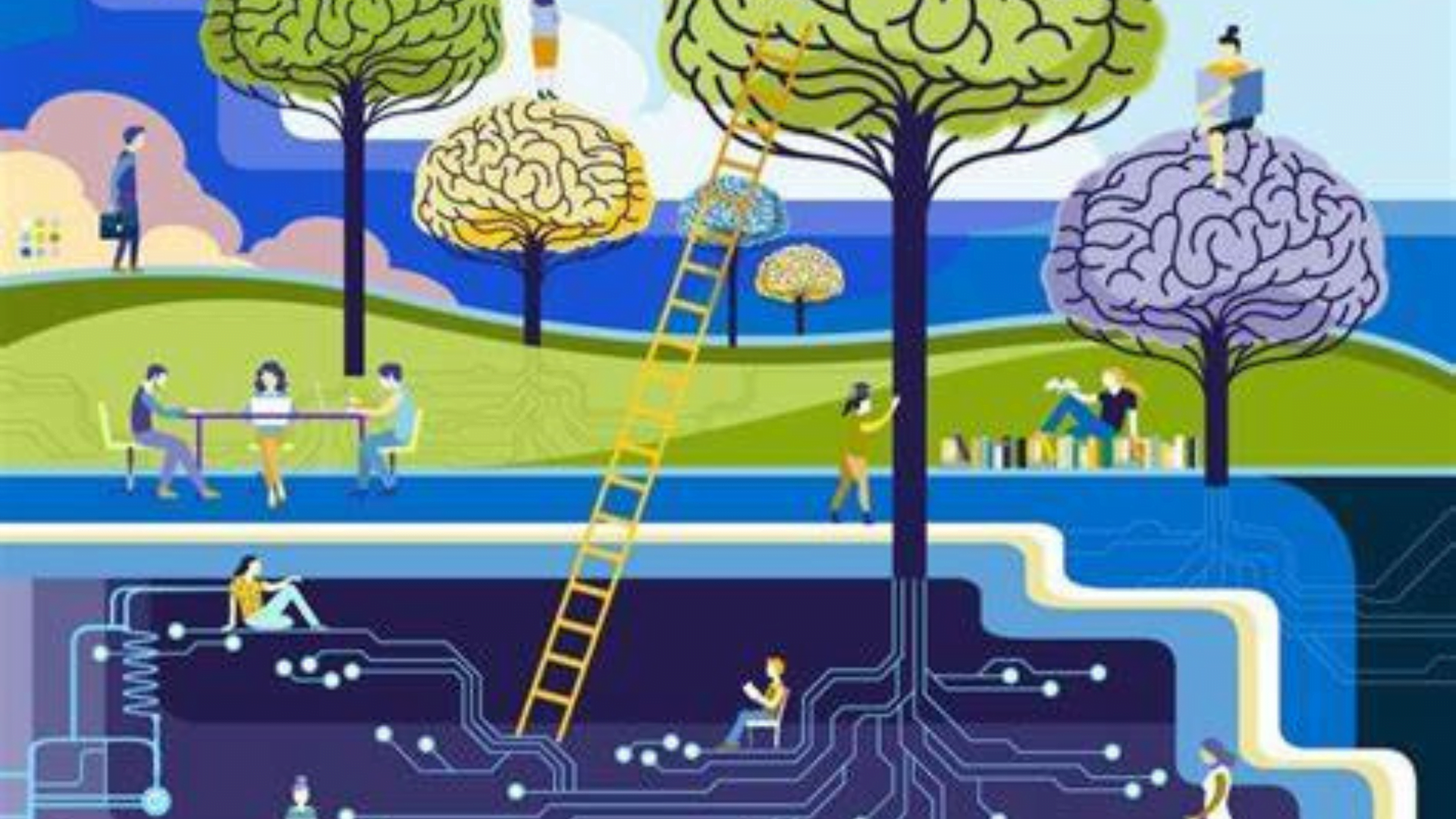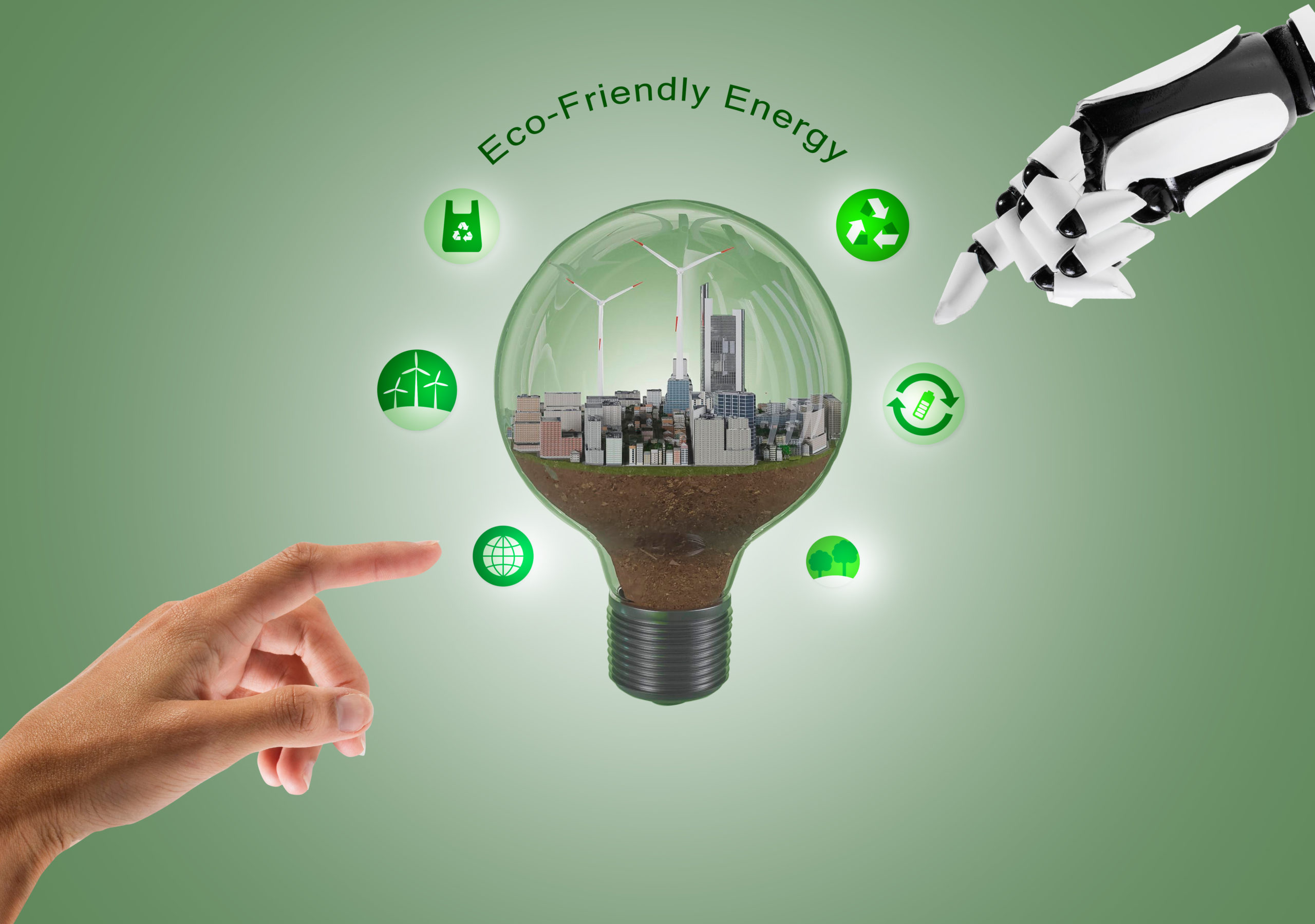In the ever-evolving tapestry of ecological intricacies, the Cambridge Conservation Initiative has been a vanguard, leading the charge in deciphering the multifaceted challenges that confront our planet’s biodiversity. For over a decade, the annual horizon scan has served as a guiding light, illuminating the path ahead by predicting the imminent threats, transformative changes, and groundbreaking technologies that will wield the most significant impact on biological conservation. The latest edition, the 15th horizon scan, witnessed the convergence of a diverse assembly of 31 scientists, practitioners, and policymakers. Their collaborative efforts culminated in a comprehensive list of 96 issues, a rich mosaic of ecological concerns spanning sustainable energy, declining invertebrate populations, and the metamorphosis of marine ecosystems.





